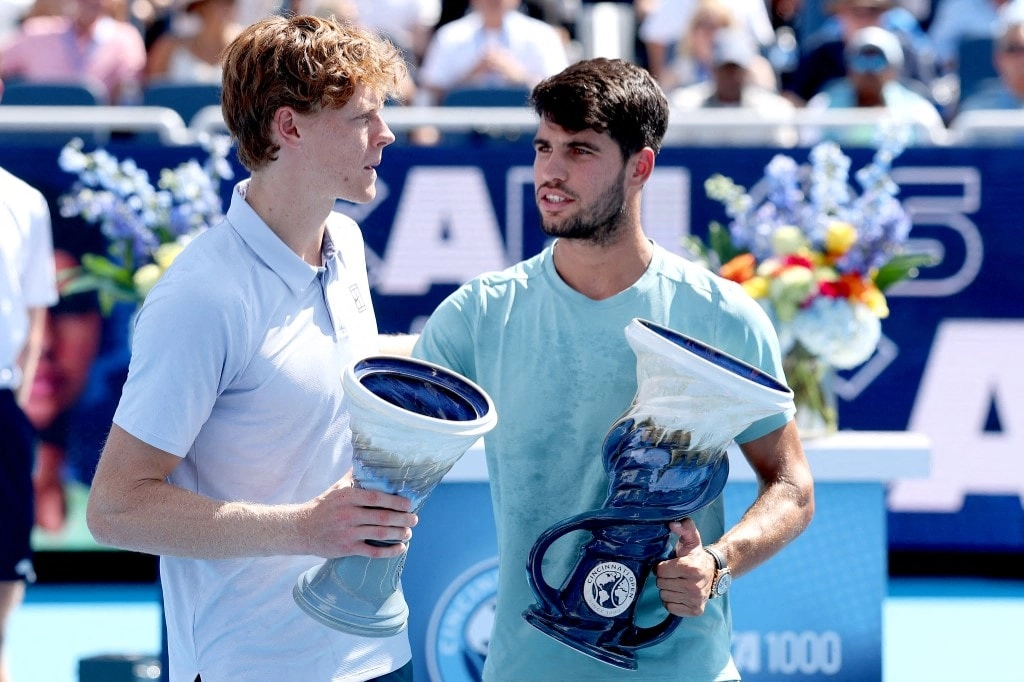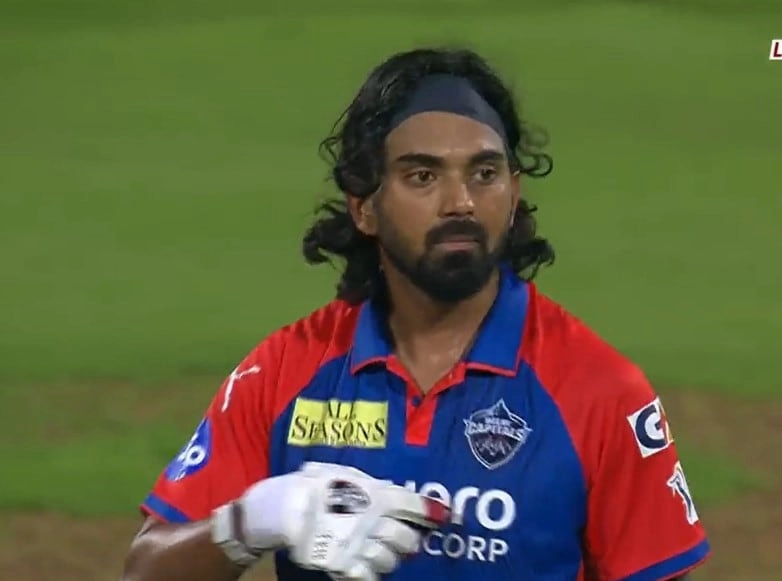In a recent controversy, former Pakistani cricketer Shahid Afridi found himself at the center of a heated debate after making comments about a sensitive historical issue. Afridi’s remarks regarding the surrender of 93,000 Pakistani soldiers during the 1971 war with India have drawn criticism from various quarters, including notable figures outside the cricketing world. Among those who responded strongly was a world boxing medallist, who took to social media to express their discontent with Afridi’s statements. This clash highlights the intersection of sports and politics, especially in a region where historical narratives are deeply intertwined with national identity and pride.
The context of Afridi’s comments revolves around a painful chapter in Pakistan’s history, where the surrender of a significant number of soldiers marked a turning point in the country’s military and political landscape. Such topics can evoke strong emotions and differing perspectives, making it crucial for public figures, especially those with considerable influence like Afridi, to approach them with sensitivity. The boxer’s reaction underscores the importance of responsible discourse in the face of historical grievances that continue to affect the sentiments of many in the subcontinent. This incident serves as a reminder of the potential repercussions that can arise from seemingly casual remarks, particularly when they touch upon national pride and historical wounds.
As the debate rages on, it becomes evident that discussions surrounding historical events require a nuanced understanding and acknowledgment of their complexities. The backlash against Afridi also reflects a broader societal expectation for athletes and celebrities to be aware of the weight their words carry. In a world increasingly driven by social media, public figures are held accountable not just for their athletic performances but also for their statements on contentious issues. This incident could serve as a teachable moment, advocating for greater awareness and sensitivity among those in positions of influence, especially in regions where historical narratives are often contested.
Ultimately, the intersection of sports, history, and national identity continues to shape conversations in South Asia, and the responses to Afridi’s remarks are a testament to the enduring impact of past conflicts. As discussions unfold, it is essential for all involved to strive for dialogue that fosters understanding rather than division, promoting a more informed and empathetic public discourse. Whether through cricket, boxing, or any other platform, the responsibility lies with individuals to engage thoughtfully with history and its implications for contemporary society.




